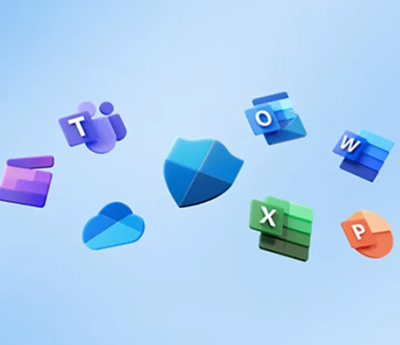Database Management Essentials
Database Management is about the monitoring, administration, and maintenance of databases and database groups across an enterprise.
Course Overview
Database Management Essentials provides the foundation you need for a career in database development, data warehousing, or business intelligence, as well as for the entire Data Warehousing for Business Intelligence specialization. In this course, you will create relational databases, write SQL statements to extract information to satisfy business reporting requests, create entity relationship diagrams (ERDs) to design databases, and analyze table designs for excessive redundancy. As you develop these skills, you will use either Oracle, MySQL, or PostgreSQL to execute SQL statements and a database diagramming tool such as the ER Assistant or Visual Paradigm to create ERDs. We’ve designed this course to ensure a common foundation for specialization learners. Everyone taking the course can jump right in with writing SQL statements in Oracle, MySQL, or PostgreSQL.
Course Outcome
After completing this course, students should be able:
- Concisely define each of the following key terms: database, data, information, metadata, database application, data model, entity, relational database, database management system (DbMs), data independence, user view, database administration, data administration, constraint, computer-aided software engineering (case) tools, repository, enterprise data modeling, systems development life cycle (sDLc), conceptual schema, logical schema, physical schema, prototyping, agile software development, enterprise resource planning (ERP), and data warehouse.
- Name several limitations of conventional file processing systems.
- Explain at least 10 advantages of the database approach, compared to traditional file processing.
- Identify several costs and risks of the database approach.
- List and briefly describe nine components of a typical database environment.
- Identify four categories of applications that use databases and their key characteristics.
- Describe the life cycle of a systems development project, with an emphasis on the purpose of database analysis, design, and implementation activities.
- Explain the prototyping and agile-development approaches to database and application development.
- Explain the roles of individuals who design, implement, use, and administer databases.
- Explain the differences among external, conceptual, and internal schemas and the reasons for the three-schema architecture for databases.
Learning Peeks
Course Duration
12 WeeksCourse Structure
Instructor-LedAvailability
Available Online/OfflineRecognized Certification
Earn a certification on completionFlexible Schedules
Flexible study schedulesLanguage
English LanguageTraining Days
Monday, Wednesday and FridayCourse Prerequisite
The following are required
Basic Knowledge of Software Programming and Laptop Computer with Core i5 Minimum
COURSE FEE
₦200,000.00 ***installmental payment available for this course
You may also like

.jpg )







.jpg )